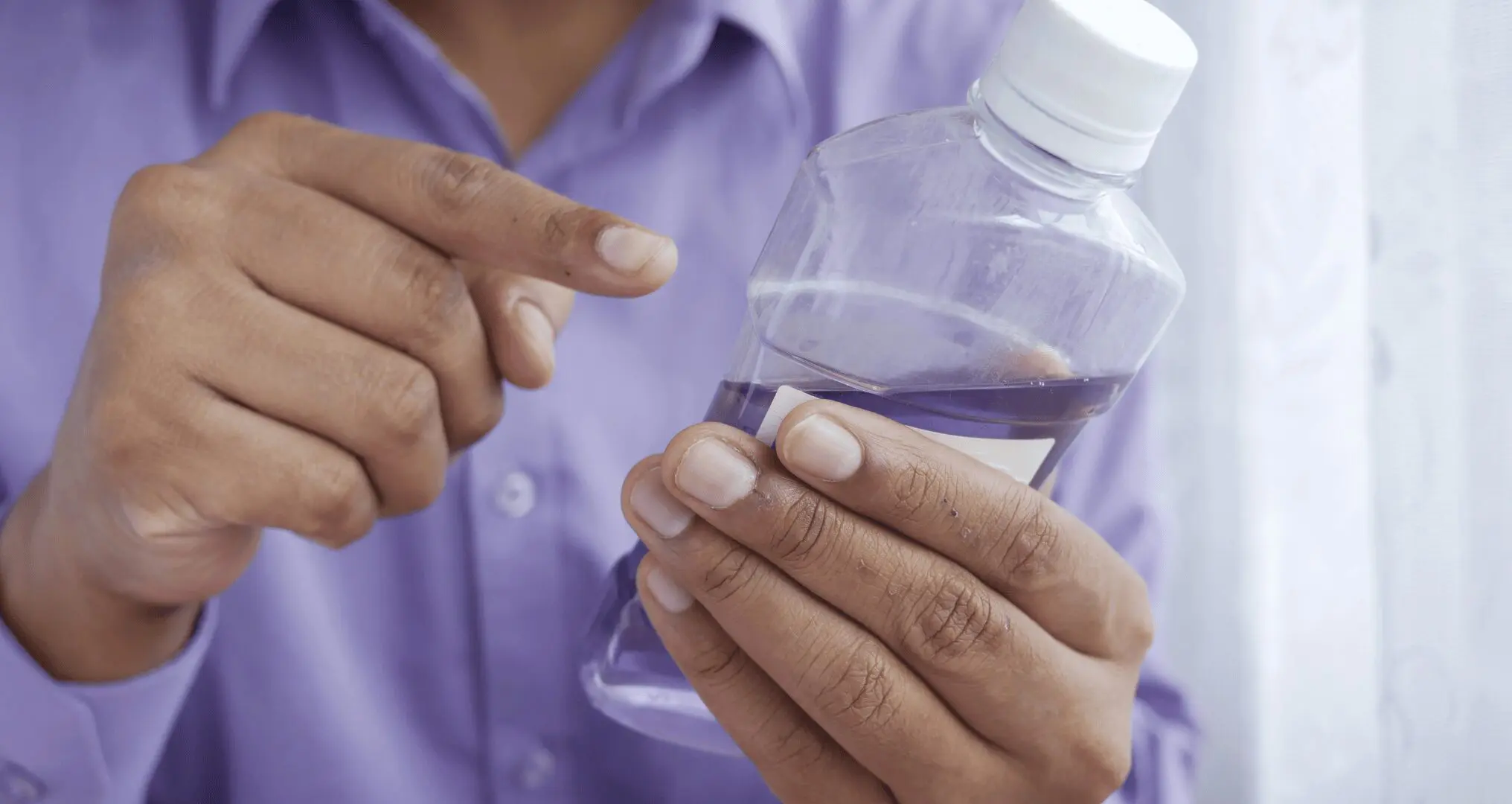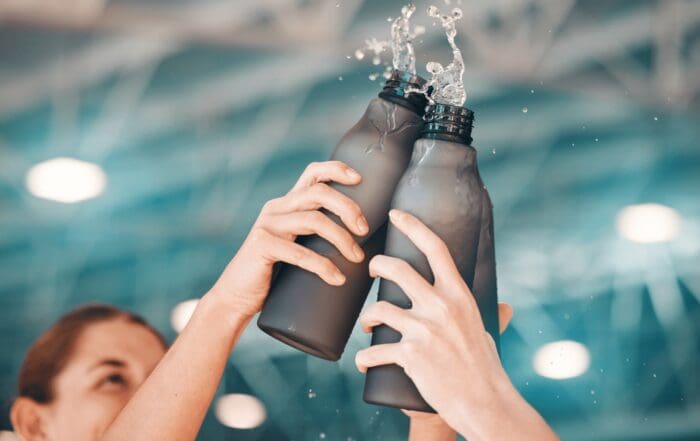
Why Fluoride is still used in Dallas Municipal Water Sources
Fluoride has been added to municipal water sources for over 70 years as a measure to prevent tooth decay. Despite its widespread use, discussions have been ongoing as to whether it is truly safe and necessary. Dallas, TX, residents are currently fighting against fluoride in their water and questioning city officials about whether or not it needs to be added. Today, Artesian Bottleless Water dives into the history of adding fluoride to municipal water sources, the reasons why it is still widely used, and the dangers of high fluoride concentrations in water.
The History Behind Fluoride in Municipal Water Sources
The idea of adding fluoride to municipal water sources was first introduced in the 1940s after studies showed that individuals who lived in areas with naturally high levels of fluoride had fewer cavities. This led to the belief that adding fluoride to water sources could have measurable benefits in reducing tooth decay. In 1945, Grand Rapids, MI, became the first city to introduce fluoride in its water supply, and soon afterward, other cities followed suit.
Today, over 3/4ths of the U.S. population has access to fluoridated water, and proponents argue that it significantly reduces tooth decay and cavities. In fact, the Centers for Disease Control and Prevention have labeled the fluoridation of water as one of the top ten greatest public health achievements of the 20th century. However, the benefits of fluoride intake for dental health have been debated by scientists and health professionals for years.
Why It’s Still a Common Practice
Fluoridation of municipal water sources continues to be a common practice due to its perceived benefits and recommendations from various health organizations. The American Dental Association, the World Health Organization, and the Centers for Disease Control and Prevention all endorse the use of fluoride in water supplies as an effective and safe method for preventing tooth decay at a community level. Also, fluoride is a naturally occurring element in many water sources, and its supplementation merely brings the concentration to an optimal level that is beneficial for oral health.

Moreover, fluoridation is recognized as a cost-effective measure. For every dollar invested in water fluoridation, communities save approximately $38 in dental treatment costs, according to research. This economic advantage, coupled with the ease of implementation, makes fluoridation attractive for municipal water treatments.
The Controversy Surrounding Fluoride Use
Despite the widespread endorsement from health organizations and the perceived benefits of water fluoridation, there has been growing concern about the potential health impacts of fluoride in our drinking water. The fear stems from studies linking fluoride to various health issues, thus prompting a reevaluation of its safety in many communities worldwide.
One of the main health concerns raised is the risk of dental fluorosis, a condition caused by excessive fluoride that leads to discoloration and pitting in the teeth. While often only a cosmetic concern, severe cases can lead to damage to the tooth enamel. This is particularly a worry for children, who are more susceptible to fluoride overexposure from various sources such as toothpaste, mouth rinses, supplements, and fluoridated water.
Another common concern is the potential link between fluoride and lower IQ in children. This stems from some studies suggesting that high levels of fluoride exposure may negatively impact cognitive development in children. However, it’s important to note that these studies often involve areas with fluoride levels significantly higher than what is typically found in fluoridated water supplies.
Further worries include potential links to bone cancer, thyroid problems, and other health issues. Critics argue that while fluoride might occur naturally in some water sources, the synthetic fluorides added to water supplies are not the same and may carry more risks.
This is exactly what the residents of Dallas are concerned about; they are frightened by the health effects of overdosing on fluoride. Their concern stems from the fact that they don’t have a say in the fluoridation process; it is compulsory, having no means to choose between water with fluoride or water without fluoride. Also, they point out that fluoride is found not only in the water but in many other sources, including toothpaste and mouthwash. Therefore, adding it to the water supply may put them at risk of overexposure.
Get a Clean Drinking Water Source with Artesian

Although fluoridation of water sources has been touted as a public health achievement, it is important to understand the risks of overconsumption and the concerns raised by many residents. Scientific evidence does show that excessive amounts of fluoride are harmful to the human body and can cause serious health risks.
As such, many cities, including Dallas, are questioning if it really is necessary, with some removing it entirely. The debate on the safety and necessity of fluoride in municipal water sources carries on. However, the bottom line remains; individuals should have the right to know what is added to the water they are drinking and the amount of choices they have.
If you’re one of those people who care about the quality of their drinking water and want to know that’s pure, refreshing, and fluoride-free, then contact Artesian Bottleless Water. We proudly serve businesses throughout the Dallas, TX, area and beyond, providing them with bottleless water and ice coolers with enclosed multi-stage filtration, including reverse osmosis. Not only do our filtration units remove fluoride, but they also remove any other impurities lingering in your tap water.
Don’t wait! Get your free 7-day trial started in your office today.



